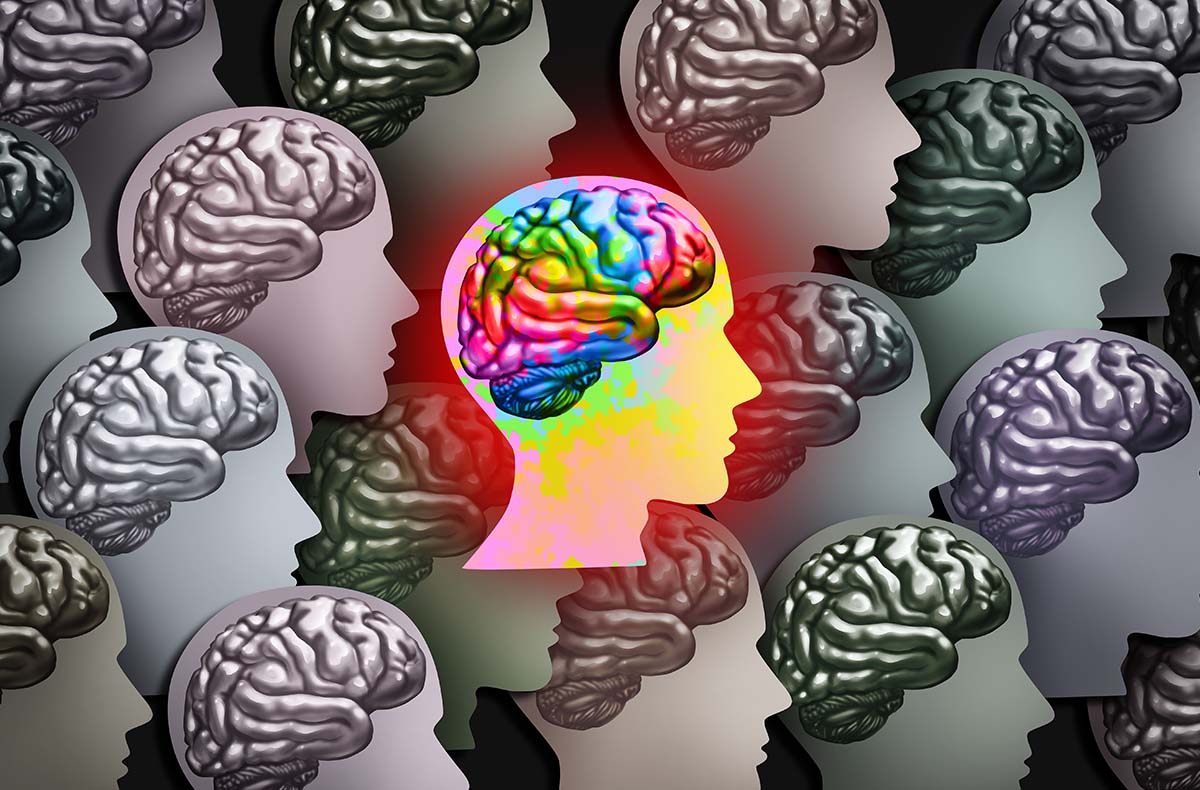
If asked about the first thing that comes to your mind when you hear the word Tourette’s, would it be fair to suggest that a majority of you would conjure up the image of someone swearing? And associate it with the phrase “the swearing tic”?
Trust me. If I had a penny for every time I have seen or heard someone make a joke about Tourette’s and the swearing part of it, I would be very, very rich. However, this is not a fair and accurate representation of people with Tourette’s or tic disorders.
Why is the swearing part of the condition the thing that most people are aware of when it comes to Tourette’s Syndrome? My belief is that a lot of this stems from the way the media often portrays the neurological condition. From Scarlett Moffatt’s Britain’s Tourette’s Mystery to The Undateables, there is always misrepresentation of Tourette’s and other tic disorders.
Take the Channel 4 program presented by Moffatt. Giving the impression that you can “catch” Tourette’s was a massive step backwards in the progress charities such as Tourettes Action have made in helping those with the condition feel more accepted by society. The charity was so affected by this insinuation that they put out a statement on social media to try and help people understand that you cannot “catch” Tourette’s. They also aimed to explain to anyone who may (or may not) have watched the program about the differences between various tic disorders. The symptoms, diagnosis and treatment are often wildly different from those associated with actual Tourette’s Syndrome.
The official statement Tourettes Action released outlines important things to note, including the fact that Tourette’s is not contagious or catching and that although it is possible for symptoms to improve into adulthood, this is not a guarantee. It also details that the charity received many complaints from the Tourette community after the program aired, saying that the show had undone a lot of good and hard work in the fight to have Tourette’s understood.
I was diagnosed with Tourette’s at the age of seven. I had seen a few comments online after the show first aired. Most were very negative, but I decided that I would go ahead and watch it with an open mind. I would not let the opinions I had read a few hours earlier sway how I felt about what was going to be shown. I soon realized, however, just why the comments were so negative. I was absolutely horrified and disgusted by a large proportion of what I saw—from the inaccurate information that the channel allowed to be aired to the repercussions that were already set in motion, this program doomed a lot of progress, as well as making a lot of neurodiverse people feel doomed.
I remember going to work the following day, and although I knew many of my colleagues understood I didn’t swear as part of my Tourette’s, there were some who were still unaware of the specifics of my condition. What if they had watched the show and thought differently of me? What if they had been convinced that being around me could give them tics? On the outside, I acted strong. Internally, I was a wreck. If this is how I felt, as someone who is lucky enough to have a lot of people in their life who are willing to take the time to listen and learn the truth, how must those without that kind of support network feel?
This documentary was a missed opportunity. The producers had a great chance to be myth-busters when it came to tic disorders and Tourette’s Syndrome. Instead, they simply added to the pile of inaccurate information that is already circulating. This is not helpful and does nothing to educate everyone else on the reality of living with a tic disorder or similar.
There are some great examples of people in the spotlight telling the media the truth about tic disorders and how living with the symptoms, particularly without a formal diagnosis, can feel. Lewis Capaldi is someone I admire for doing just this. Some people speculated that he was taking drugs and suggested they were causing the twitches he was making. To add to this, a GB News presenter was recently in a discussion on air with a doctor and advocate from Tourettes Action regarding Capaldi’s Netflix documentary in which his experience with Tourette’s is mentioned. One of the first things the presenter asked was, “does he swear a lot?”
There needs to be more accurate portrayals of various tic disorders in the media and on the internet. Wherever representation can be accurately made, we should be seizing the opportunity to do so.
It’s not just tic disorders that need more insightful portrayals. Truthful representation of all kinds of neurological disorders will make such a difference to the way the neurodiverse community is viewed and to how they are seen within society. Autism, ADHD, OCD … the list goes on. Every single person who suffers from a neurological disorder deserves to have their struggles recognized, but they also deserve to be able to walk down the street, to take on a new job, to go to school, without assumptions being made about them and how they might act based on something you saw on TikTok.
Don’t you agree?




